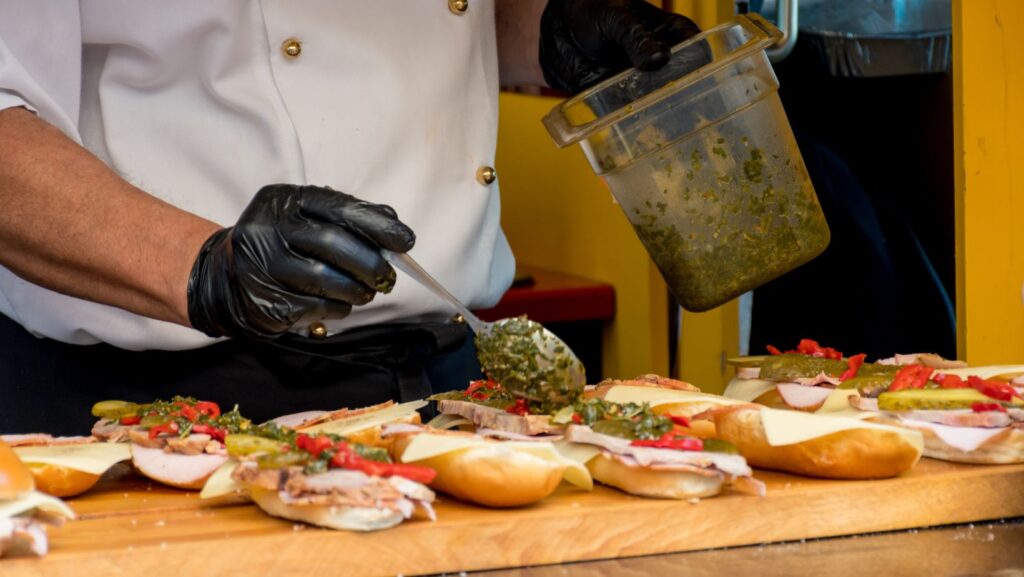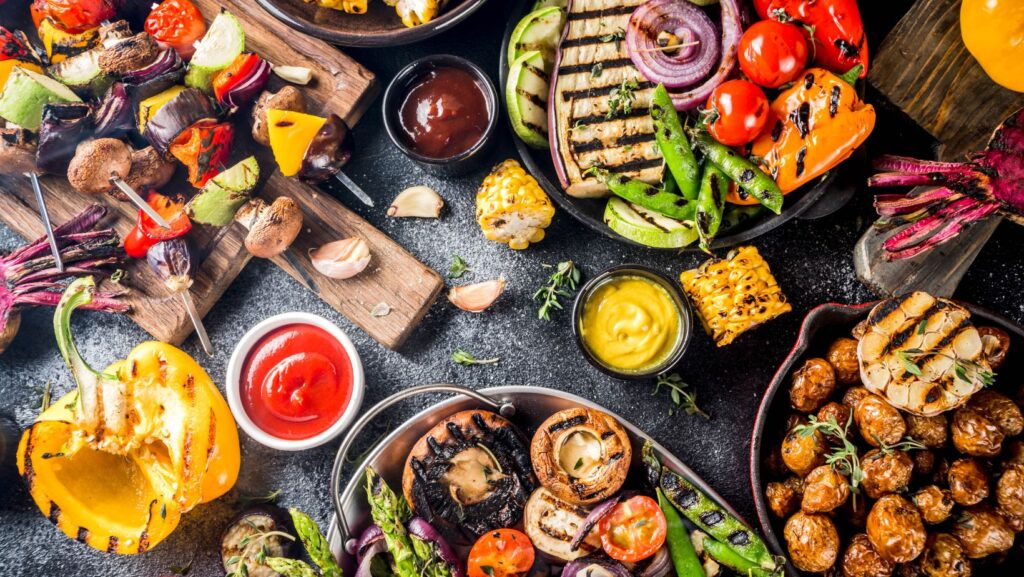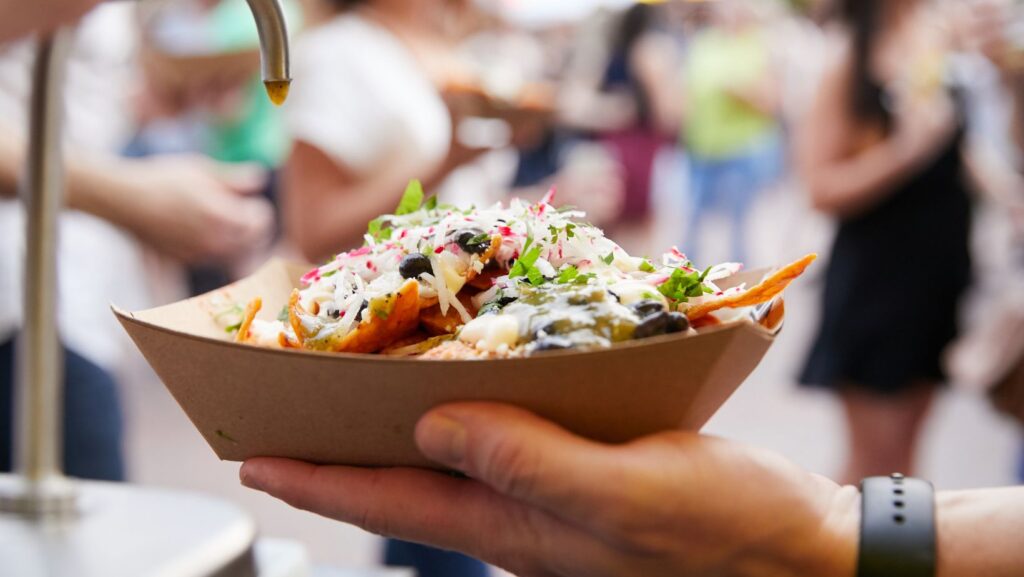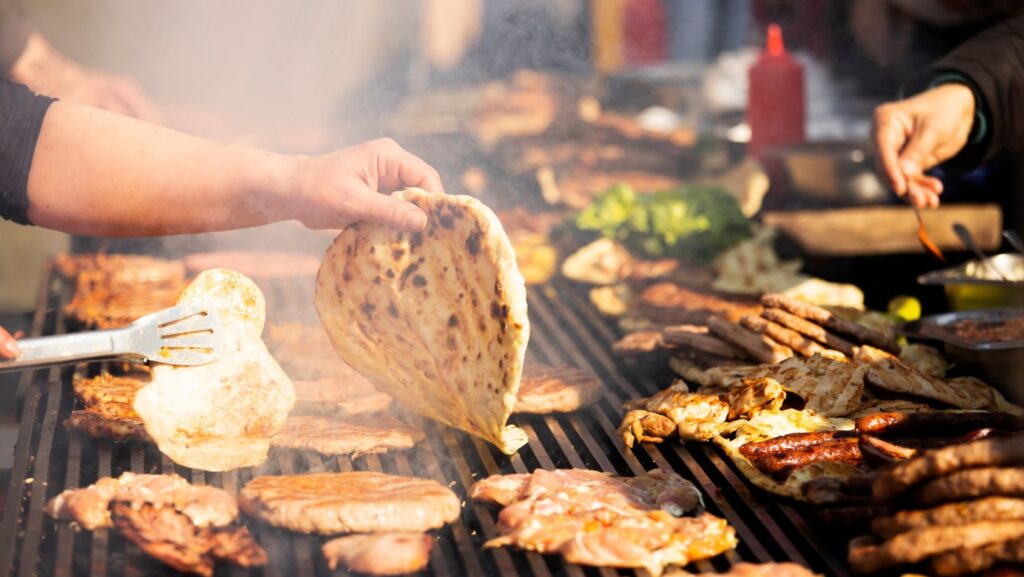Around the World Cultural Food Festival
As an expert blogger, I’d love to dive into the vibrant world of cultural food festivals that take place around the globe. These events are a feast for the senses, offering visitors a unique opportunity to explore various cuisines, traditions, and flavors from different parts of the world all in one place.

When it comes to an around the world cultural food festival, attendees can expect a melting pot of culinary delights. From savory street foods to decadent desserts, these festivals showcase the diversity and richness of global gastronomy. Whether you’re craving spicy Indian curries, authentic Italian pasta, or exotic Asian delicacies, there’s something for every palate at these gatherings.
Exploring an around the world cultural food festival is like embarking on a culinary adventure without leaving your city. It’s a chance to savor new flavors, learn about different cooking techniques, and immerse yourself in diverse cultures through food. So join me as we uncover the mouthwatering array of dishes waiting to be discovered at these extraordinary celebrations!
Exploring the Vibrant Flavors at the Around the World Cultural Food Festival
As I step into the bustling venue of the Around the World Cultural Food Festival, my senses are immediately captivated by a myriad of aromas wafting through the air. The festival is a melting pot of culinary delights from various corners of the globe, offering attendees a chance to embark on a gastronomic journey like no other.
Diverse Culinary Offerings

- From savory tacos bursting with authentic Mexican flavors to delicate sushi rolls meticulously crafted by skilled Japanese chefs, there’s something to please every palate at this festival.
- The vibrant stalls adorned with colorful spices and fresh ingredients showcase not just food but centuries-old culinary traditions passed down through generations.
Cultural Fusion on Plates
- One can witness the beautiful fusion of flavors as traditional recipes intertwine with modern twists, creating dishes that are both comforting and innovative.
- Each bite tells a story of heritage and innovation, illustrating how food transcends borders and brings people together in celebration of diversity.
Interactive Cooking Demonstrations
- Attendees have the unique opportunity to engage with passionate chefs during live cooking demonstrations, where secrets behind signature dishes are unveiled.
- These sessions not only educate but also inspire visitors to experiment with new flavors and techniques in their own kitchens, fostering a deeper appreciation for global cuisine.
As I navigate through this culinary paradise, tasting delicacies from different parts of the world, I’m reminded once again of the universal language spoken by food—a language that knows no boundaries and connects us all through shared experiences around the table.
The Significance of Food in Cultural Expression
Food plays a pivotal role in expressing cultural identity and heritage. It serves as more than just sustenance; IT’S a means through which traditions, stories, and values are passed down from generation to generation. Different cuisines reflect the diverse histories and influences that shape a community’s way of life.
Importance of Food in Culture:

- Cultural Identity: Food acts as a tangible representation of cultural identity, reflecting the unique flavors, ingredients, and cooking techniques specific to each region or country.
- Social Connections: Sharing meals brings people together, strengthening social bonds and fostering a sense of community. It’s during these shared dining experiences that friendships are forged and relationships are nurtured.
- Historical Legacy: Many traditional dishes have historical significance, often rooted in ancient practices or culinary customs that have stood the test of time. By preserving these recipes, communities honor their past and keep their heritage alive for future generations.
Examples Around the World:
- In Italy, pasta isn’t just a dish; it’s an emblem of Italian culture, with each region boasting its own varieties and preparations.
- Japan’s tea ceremonies showcase meticulous rituals surrounding the preparation and presentation of matcha tea—a practice deeply ingrained in Japanese history and philosophy.
- Mexico’s Day of the Dead celebrations feature offerings like pan de muerto (bread of the dead) to honor deceased loved ones—a poignant blend of food, tradition, and remembrance.

